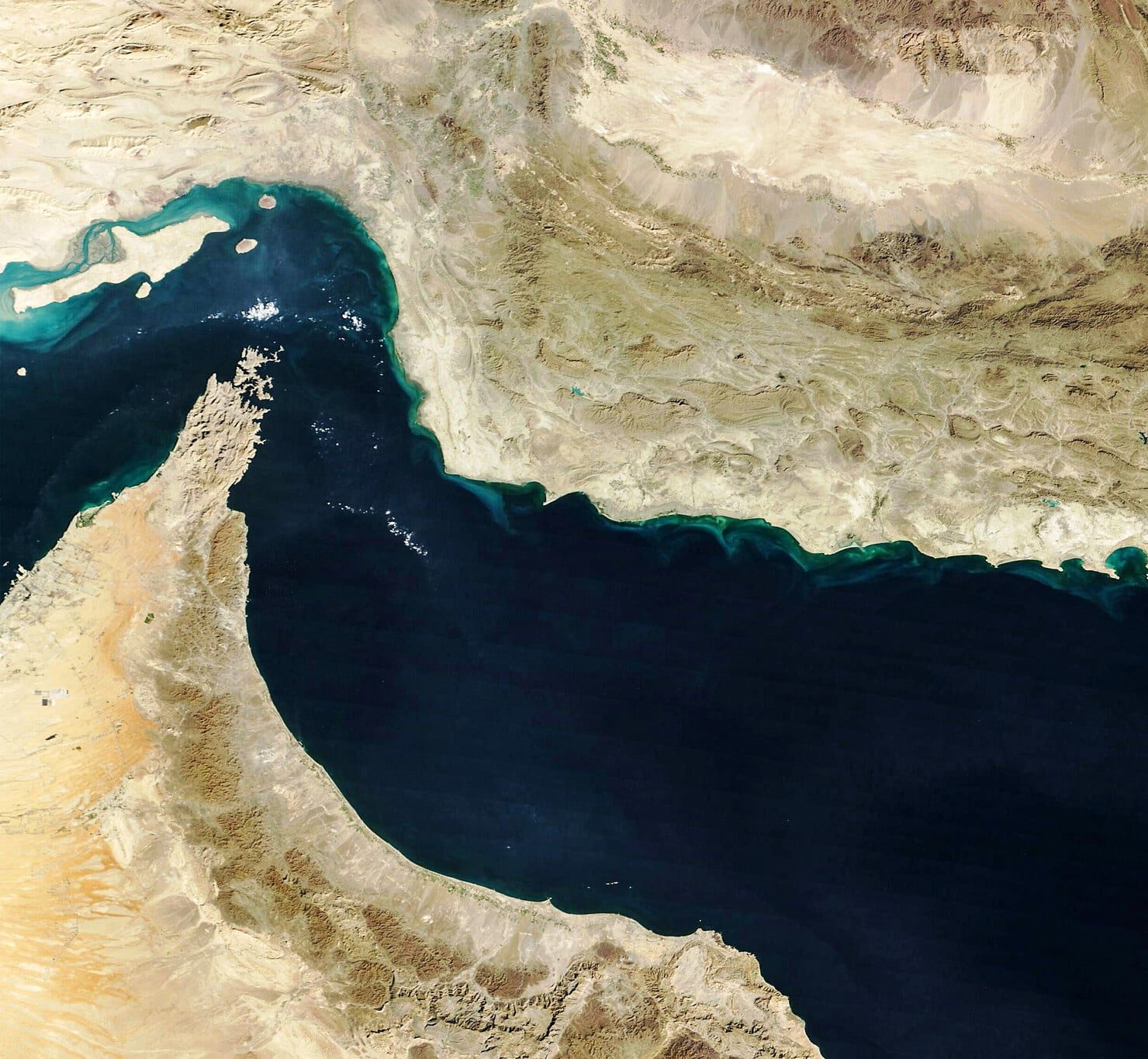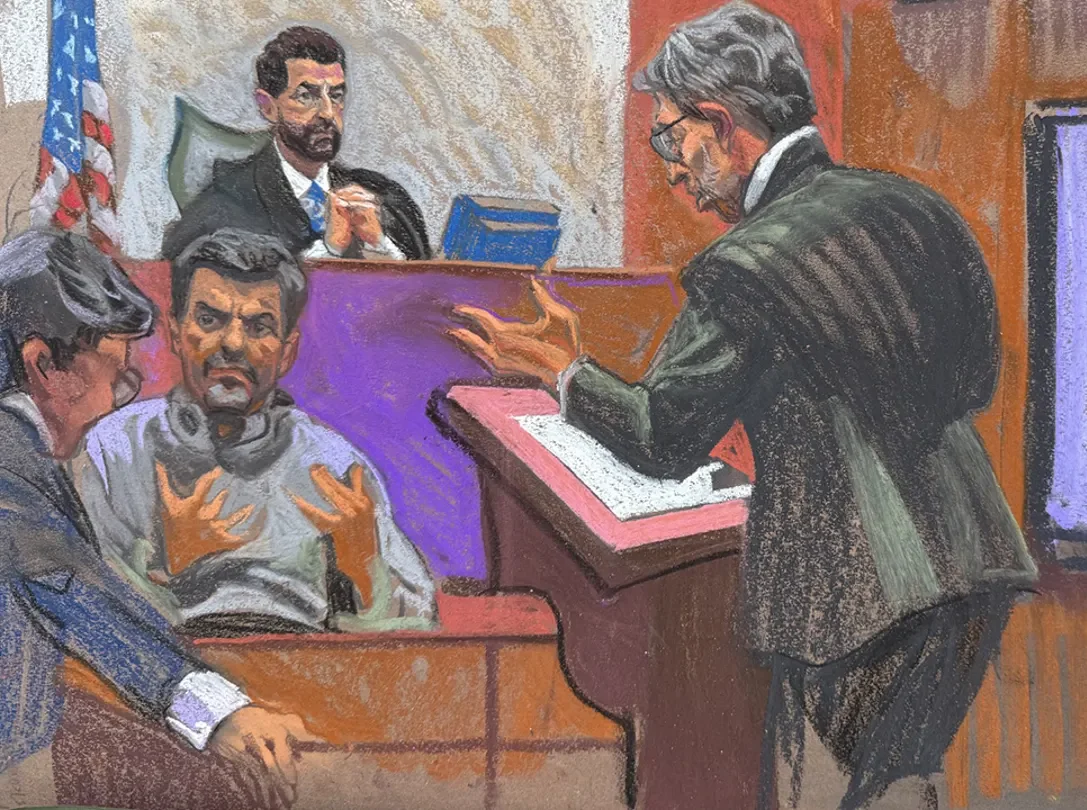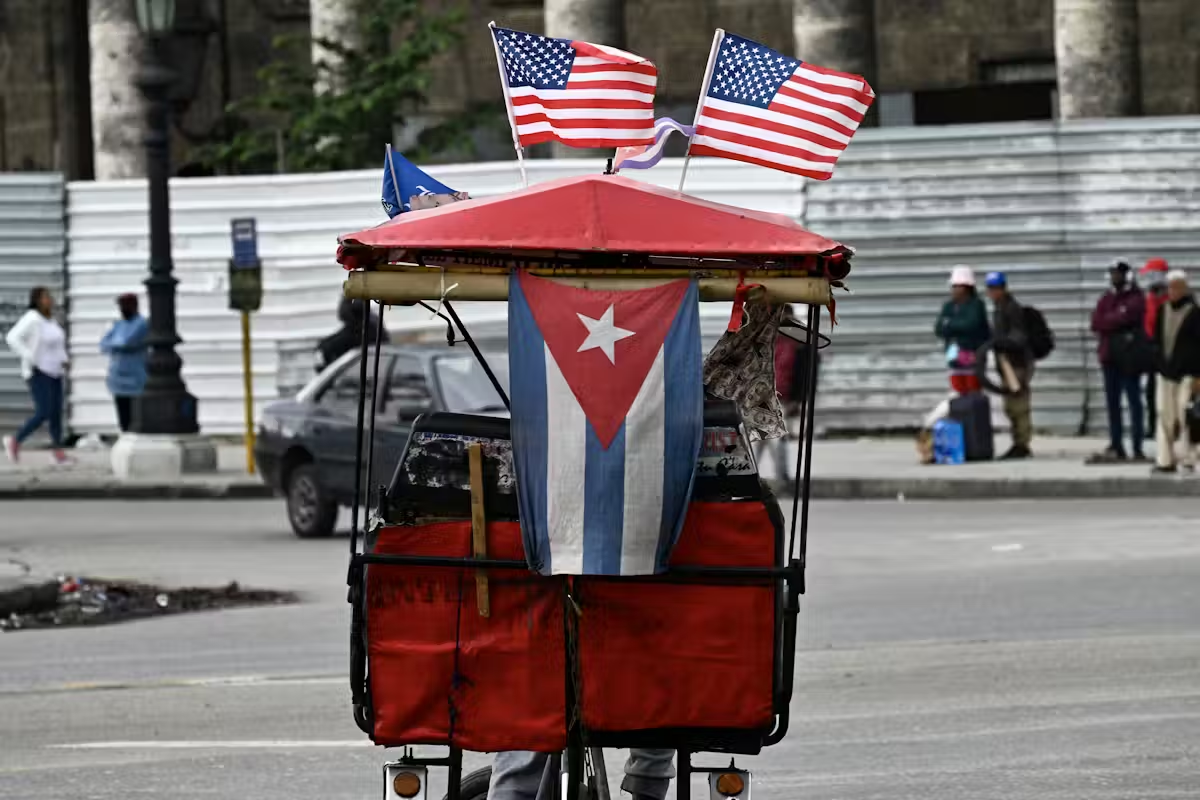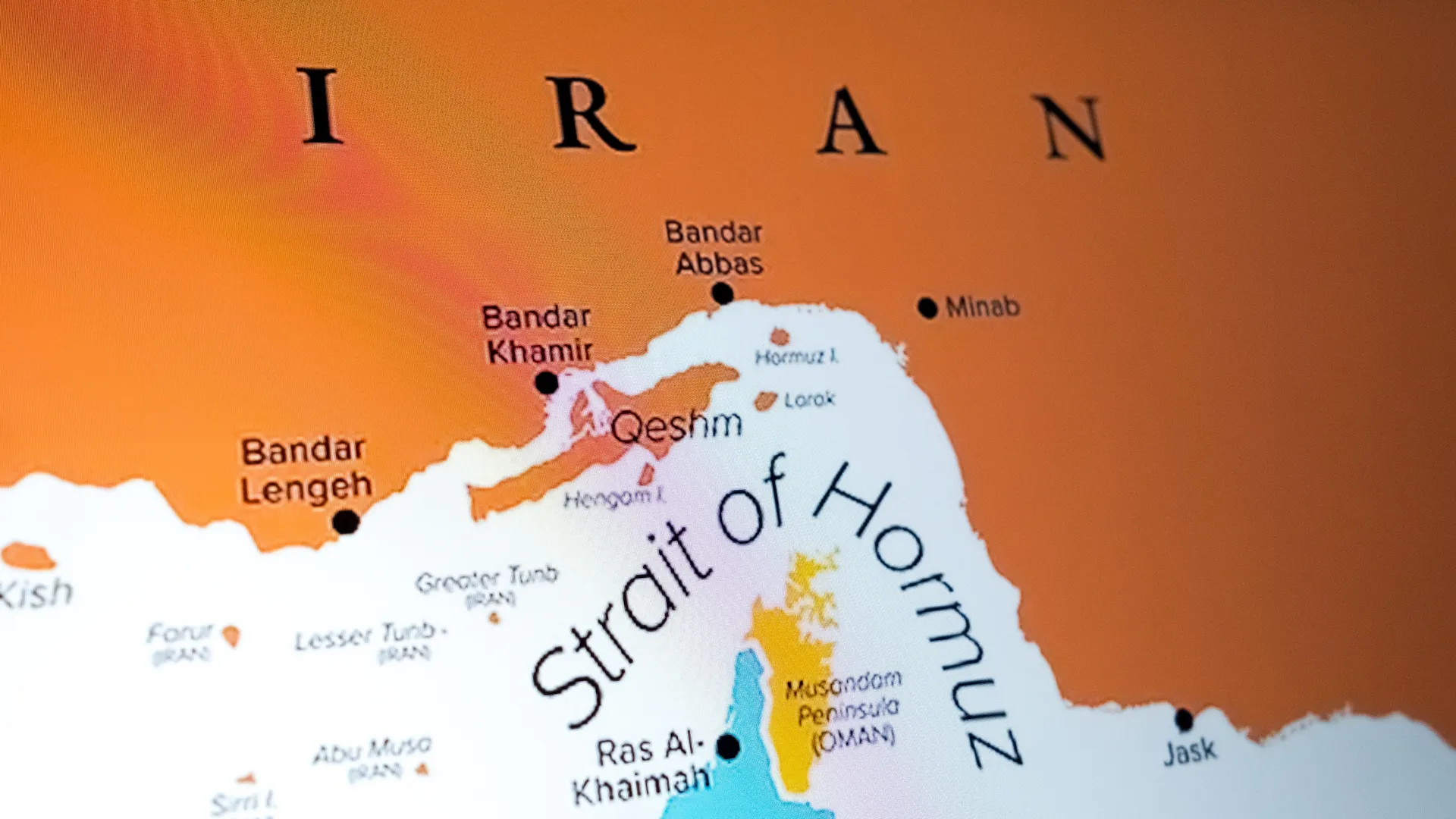The US economy presented a mixed picture Friday as encouraging signs of easing inflation were eclipsed by renewed turbulence in trade policy, with President Trump’s warning about escalating tensions with China injecting fresh uncertainty into financial markets and economic forecasts.
The inflation report for April showed that consumer prices, as measured by the Personal Consumption Expenditures (PCE) Price Index—the Federal Reserve’s preferred inflation gauge—remained moderate. Core PCE, which excludes volatile food and energy prices, rose 2.5% from a year ago, the smallest annual increase since early 2021. On a three-month annualized basis, it slowed to 2.7%, down from 3.5% in March, signaling that inflation may be returning to a more sustainable path.
However, those positive data were largely overshadowed by President Trump’s early morning social media post suggesting a breakdown in trade negotiations with China. His warning of renewed tariffs came just minutes before the inflation numbers were released, sending a clear message that trade policy—not traditional economic indicators—continues to dominate the outlook.
Though tariffs implemented in April have yet to significantly affect consumer prices, businesses and economists expect that price pressures may build in the coming months. Currently, many retailers are working through pre-tariff inventory, but that buffer is expected to wane by summer.
Consumer behavior is already showing signs of caution. Personal consumption expenditures rose just 0.2% in April, a noticeable slowdown from the 0.7% increase in March, despite a healthy 0.8% jump in disposable income. The personal saving rate also rose significantly to 4.9%, as households appeared to be preparing for possible economic turbulence.
According to Olu Sonola, an economist at Fitch Ratings, “The US consumer remains resilient, though that resilience, to some degree, is underpinned by fear of what’s likely to come.”
He noted that while the Fed will welcome the inflation data, policymakers are likely to remain on alert for a potential downturn driven by weakening demand or rising unemployment.
President Trump’s trade policies have injected an unusual degree of volatility into the economic landscape. In April, he imposed sweeping new tariffs—up to 145% on certain Chinese imports—before partially reversing course days later. A federal court has since ruled many of these tariffs unlawful, but an appeals court temporarily reinstated them, adding to the legal and economic uncertainty.
This unpredictability has led some businesses to delay hiring and investment. Others, like major retailers, have warned of coming price increases. GDP growth has already slowed to an annual rate of just 0.2% in the first quarter of 2025, reflecting weaker consumer demand and a front-loading of imports ahead of tariffs.
While the labor market remains relatively strong and inflation appears to be moderating, economists warn that these conditions may not last. The risk of stagflation—an undesirable mix of slow growth and rising prices—looms if trade tensions persist and corporate profits continue to fall.
Federal Reserve officials have so far taken a cautious stance, opting to wait for clearer signs of how tariffs and consumer behavior will impact the broader economy before making changes to interest rates. However, pressure from the White House to lower borrowing costs adds a political dimension to monetary policy decisions.
In the words of Natixis economist Chris Hodge, “We’re in the fog of war when it comes to policy uncertainty.”
Axios, CNBC, the Washington Post, and the New York Times contributed to this report.










The latest news in your social feeds
Subscribe to our social media platforms to stay tuned